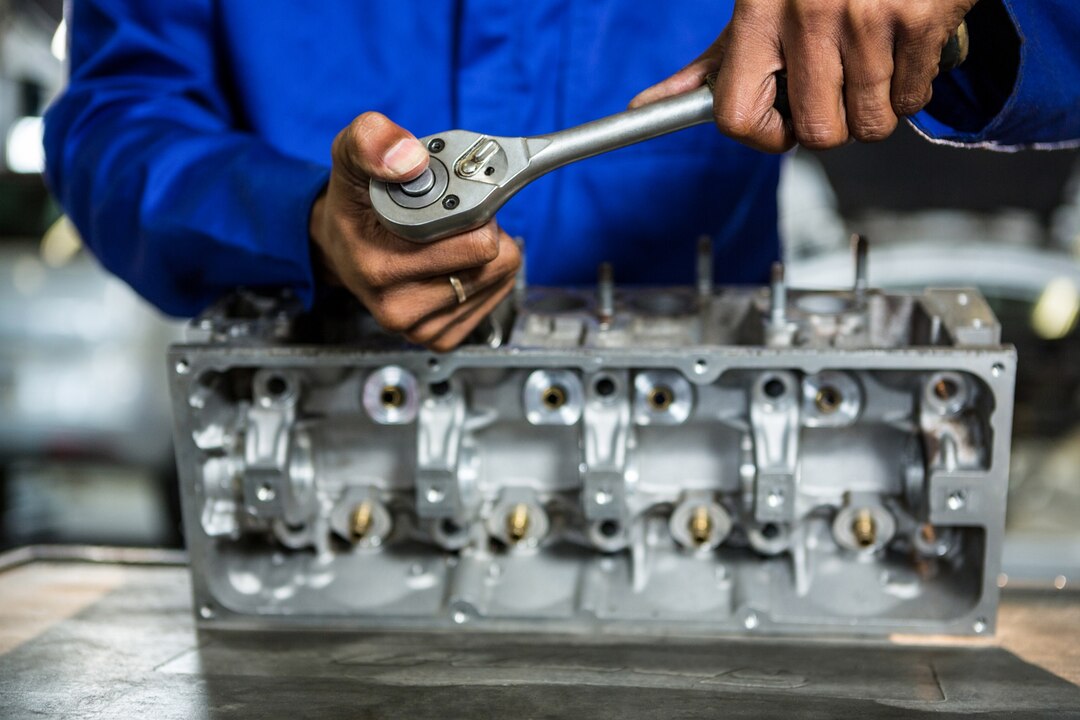The camshaft is a critical component of your car’s engine, responsible for controlling the opening and closing of the engine’s valves. Over time, the camshaft may wear out or develop issues that affect its performance, leading to various symptoms that indicate the need for replacement. Recognizing these signs early can help prevent further damage to your engine and ensure optimal performance. Here are ten signs that your car’s camshaft may need replacement:
- Engine Misfires: A worn or damaged camshaft can lead to irregular firing of the engine cylinders, resulting in engine misfires. You may notice a noticeable decrease in engine power, rough idling, or hesitation when accelerating.
- Rough Idle: If your car’s engine idles roughly or unevenly, it could be a sign of camshaft wear or damage. A faulty camshaft may disrupt the engine’s combustion process, causing the engine to run erratically at idle.
- Poor Fuel Efficiency: A worn camshaft can affect the engine’s ability to intake air and fuel properly, leading to decreased fuel efficiency. If you notice a sudden drop in fuel economy despite normal driving habits, it could be due to a failing camshaft.
- Lack of Power: A failing camshaft can result in reduced engine power and performance. You may experience sluggish acceleration, especially when climbing hills or overtaking other vehicles.
- Check Engine Light: A malfunctioning camshaft can trigger the check engine light to illuminate on your dashboard. The onboard diagnostic system (OBD) may detect irregularities in engine performance, such as timing issues or misfires, indicating a potential problem with the camshaft.
- Excessive Exhaust Emissions: A faulty camshaft can disrupt the engine’s combustion process, leading to increased emissions of pollutants such as hydrocarbons (HC), carbon monoxide (CO), and nitrogen oxides (NOx). If you fail an emissions test or notice black smoke coming from the exhaust, it could be a sign of camshaft issues.
- Strange Engine Sounds: A worn or damaged camshaft can produce unusual noises from the engine, such as ticking, tapping, or knocking sounds. These noises may occur during acceleration, deceleration, or idle and indicate problems with the camshaft lobes or bearings.
- Hard Starting: Difficulty starting the engine, especially when cold, can be a symptom of camshaft wear or damage. A faulty camshaft may affect the engine’s compression and combustion, making it harder to start, especially in colder weather.
- Visible Damage: Inspect the camshaft visually for signs of wear, scoring, or pitting on the camshaft lobes or journals. Excessive wear or damage may require replacement of the entire camshaft assembly to restore proper engine function.
- Timing Belt/Chain Issues: If your car’s timing belt or timing chain fails prematurely or shows signs of excessive wear, it could be due to problems with the camshaft timing gears or sprockets. Improper camshaft timing can lead to catastrophic engine damage and necessitate camshaft replacement.
If you experience any of these signs or symptoms, it’s essential to have your car inspected by a qualified mechanic or technician as soon as possible. Ignoring camshaft issues can lead to further damage to your engine and potentially costly repairs down the line. A professional inspection can determine the extent of the problem and whether camshaft replacement is necessary to restore your car’s performance and reliability.











